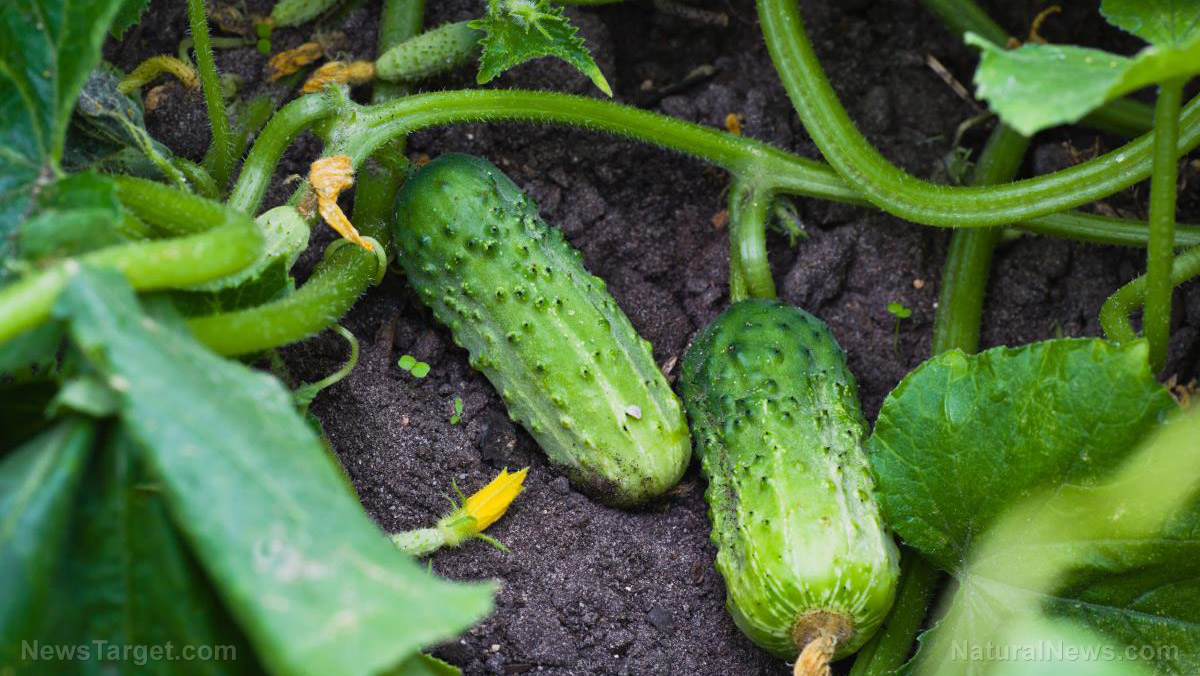
The $5 million dollar class action lawsuit was filed on Wednesday in New York by Markeith Parks and names Nutrish owner Ainsworth Pet Nutrition. According to the documents, Nutrish “aggressively advertises” the product and promotes it as being natural, an assertion that they say is misleading, deceptive, and false.
The lawsuit is based on the fact that independent tests showed the products contain glyphosate, which in addition to being unnatural has also been linked to a host of health effects including endocrine disruption and cancer.
While there’s no question that it’s a chemical to avoid, it isn’t terribly surprising that tests found glyphosate in the dog food. As food lab scientist Mike Adams pointed out on CounterThink, almost all the food you find in the grocery store will test positive for the herbicide when an instrument with the right sensitivity is used for the testing.
These days, glyphosate is making its way into everything – not just food but also water, soil and air. The concentration of the chemical found in the test has not been revealed, but the finding may not be quite as outrageous as it seems. The true outrage here is the fact that glyphosate has become so ubiquitous that it just can’t avoided. The other dog foods on the market could very well perform similarly on such a test.
The lawsuit itself acknowledges this, saying, "However, crops such as peas, soy, corn, beets and alfalfa are sprayed with the chemical in order to dry them and produce an earlier, more uniform harvest — a practice with no health benefits, meant only to increase yield."
Although the dog food claims to be natural – a term not regulated by the FDA, by the way – it does not claim to be organic. A lot of people don’t realize that many non-organic crops are sprayed with glyphosate before harvesting so that the crops will all die at the same time. It’s essentially a matter of convenience, allowing them to dry in a uniform way so they can be harvested earlier.
The practice is so common that one Canadian farmer and agricultural consultant, Gerald Wiebe, estimated that 95 percent of the acres of wheat in Manitoba are sprayed with glyphosate pre-harvest. It's used to desiccate crops like peas, soybeans, canola, potatoes, lentils, corn, and rye.
“Consumers don't realize when they buy wheat products like flour, cookies and bread they are getting glyphosate residues in those products," he stated. “It's barbaric to put glyphosate in food a few days before you harvest it."
Glyphosate is everywhere
Given the prevalence of this practice, it’s safe to assume that countless other products would also turn up positive for glyphosate, even if they claim to be natural. That doesn’t make it right or acceptable, but it hardly seems like a problem that is confined to this particular type of dog food. The lawsuit may not ultimately be successful, but perhaps it will still be valuable if it draws more attention to the disturbing trends seen in agriculture that many people would not have heard about otherwise.
A representative from the Smucker Company, which recently purchased Ainsworth Pet Nutrition, denied adding pesticides to its products and said the lawsuit will be fought aggressively.
Read more news about glyphosate at Glyphosate.news.
Sources for this article include:
Please contact us for more information.























